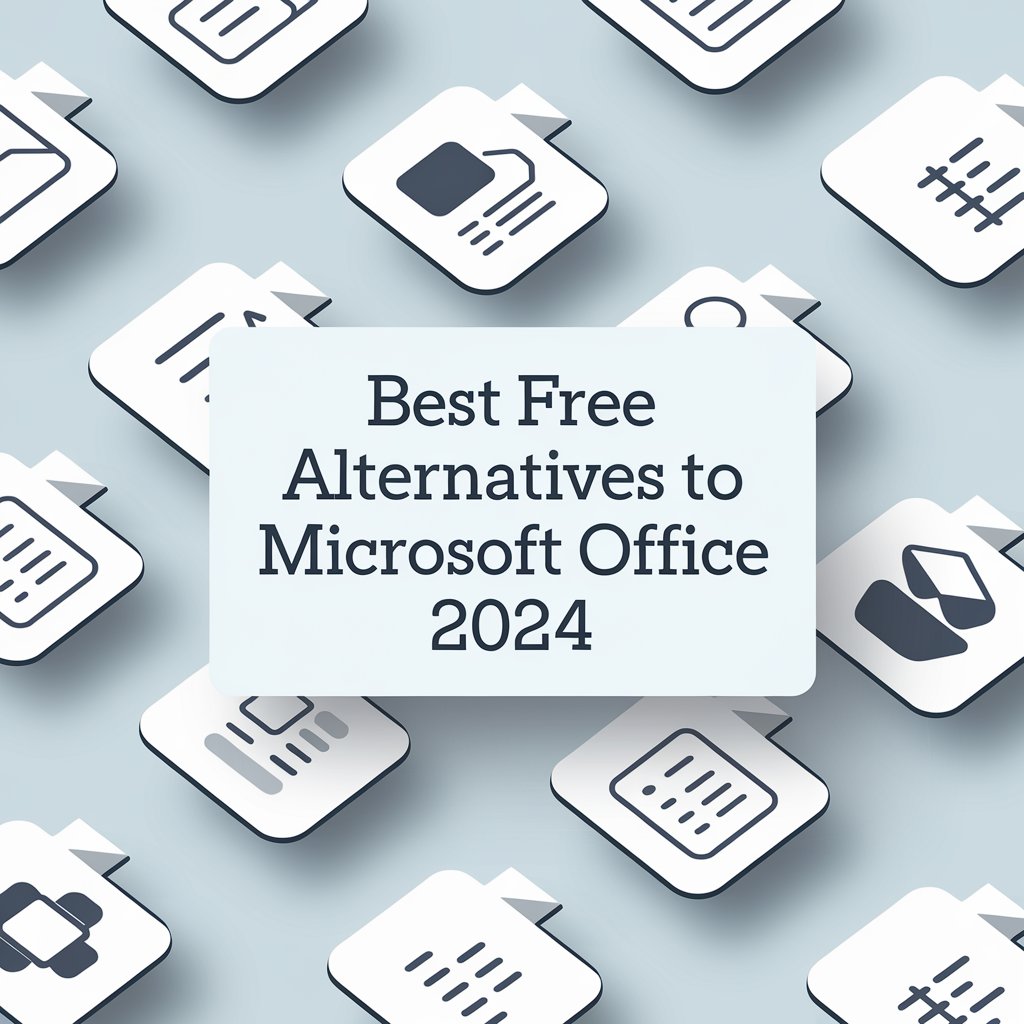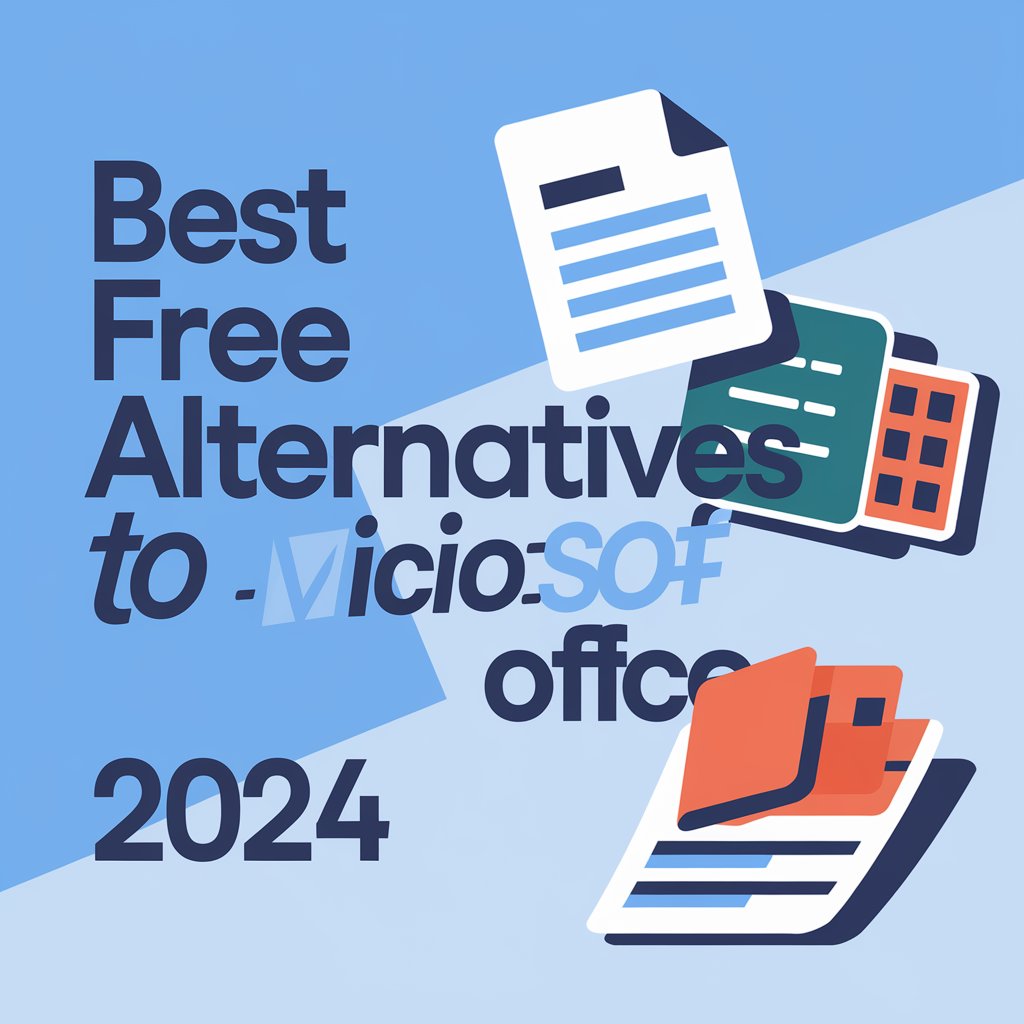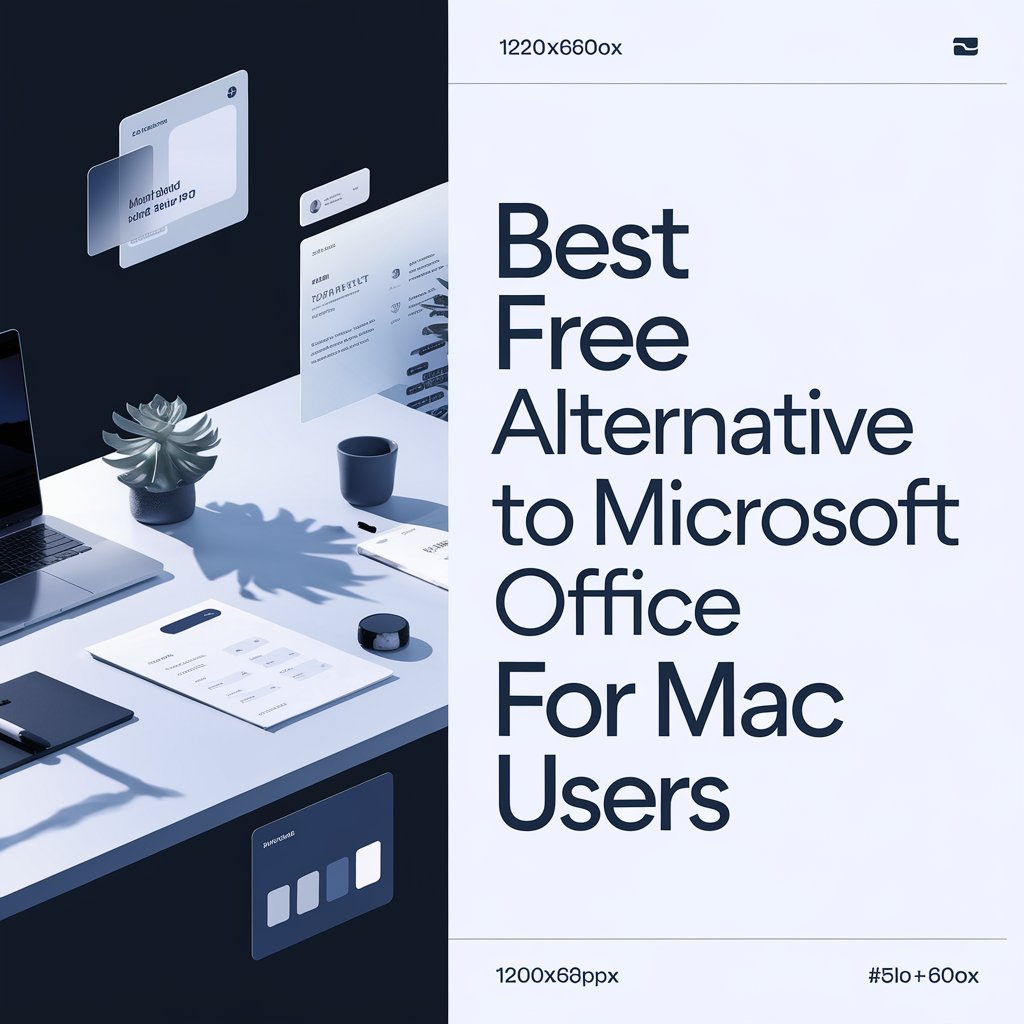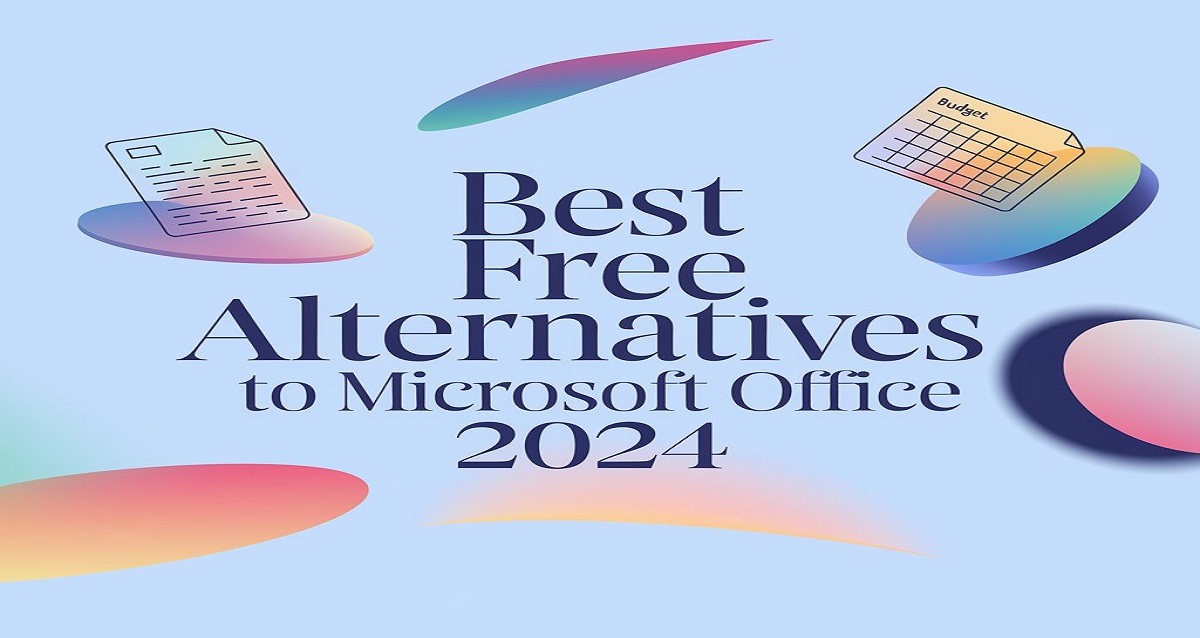Looking for the best free alternatives to Microsoft Office in 2024? You’re not alone. With Microsoft Office 365 subscriptions costing up to $99.99 per year for personal use, many people and organizations are seeking powerful yet free alternatives to handle their document, spreadsheet, and presentation needs. Whether you’re using Windows, Mac, or Linux, I’ve thoroughly tested the top options to help you make an informed decision.
Table of Contents
Quick Summary
For those in a hurry, here are the top free Microsoft Office alternatives in 2024:
- LibreOffice: Best overall free alternative to Microsoft Office
- Google Workspace: Best cloud-based alternative to Office 365
- OpenOffice: Best lightweight option for older computers
- WPS Office Free: Best Microsoft Office-like interface
- OnlyOffice: Best for team collaboration
LibreOffice: The Best Overall Free Alternative to Microsoft Office
LibreOffice stands out as the most comprehensive free alternative to Microsoft Office in 2024. This open-source suite includes alternatives for all major Microsoft Office applications:
- Writer (Word alternative)
- Calc (Excel alternative)
- Impress (PowerPoint alternative)
- Base (Access alternative)
- Draw (Publisher alternative)
- Math (Equation Editor alternative)
Pros:
- Complete offline functionality
- Regular updates and security patches
- Native file format compatibility with Microsoft Office
- Available for Windows, Mac, and Linux
- No account registration required
- Strong community support
Cons:
- Interface may feel dated compared to Microsoft Office
- Occasional formatting issues with complex Microsoft Office files
- Cloud integration requires additional setup
Best For:
LibreOffice is perfect for users who need a full-featured office suite without internet connectivity requirements. It’s particularly well-suited for personal use, small businesses, and educational institutions.

Google Workspace (formerly G Suite): Best Cloud-Based Alternative
While technically not completely free for business use, Google Workspace’s free personal tier offers exceptional alternatives to Microsoft Office applications:
- Google Docs (Word alternative)
- Google Sheets (Excel alternative)
- Google Slides (PowerPoint alternative)
- Google Forms (for surveys and questionnaires)
- Google Drive (for storage and file sharing)
Pros:
- Excellent real-time collaboration features
- Automatic saving and version history
- Accessible from any device with internet connection
- Seamless integration with other Google services
- User-friendly interface
- Compatible with Microsoft Office formats
Cons:
- Requires internet connection for full functionality
- Limited offline capabilities
- Storage limitations on free tier
- Some advanced features reserved for paid workspace accounts
Best For:
Google Workspace is ideal for users who prioritize collaboration and need to access their documents across multiple devices. It’s particularly suitable for students, remote teams, and those who prefer cloud-based solutions.
OpenOffice: Best Lightweight Alternative
Apache OpenOffice remains a solid choice for users seeking a basic, lightweight alternative to Microsoft Office:
- Writer (Word alternative)
- Calc (Excel alternative)
- Impress (PowerPoint alternative)
- Base (Access alternative)
- Draw (Publisher alternative)
- Math (Equation Editor alternative)
Pros:
- Small installation size
- Works well on older computers
- Simple, straightforward interface
- Strong compatibility with older file formats
- Available for Windows, Mac, and Linux
Cons:
- Less frequent updates compared to LibreOffice
- Limited modern feature set
- Basic user interface
- Fewer extensions and plugins available
Best For:
OpenOffice is perfect for users with older computers or those who need a basic office suite without bells and whistles. It’s also great for users who work with legacy documents and formats.

WPS Office Free: Best Microsoft Office-Like Experience
WPS Office Free offers the most Microsoft Office-like experience among free alternatives:
- Writer (Word alternative)
- Presentation (PowerPoint alternative)
- Spreadsheets (Excel alternative)
- PDF tools
Pros:
- Modern, familiar interface
- Excellent Microsoft Office file compatibility
- Built-in PDF tools
- Available for Windows, Mac, Linux, Android, and iOS
- Cloud storage integration
- Tabbed document interface
Cons:
- Ad-supported in free version
- Some features require premium subscription
- Privacy concerns due to data collection
- Limited offline capabilities in free version
Best For:
WPS Office Free is ideal for users transitioning from Microsoft Office who want a familiar interface and good compatibility with Office formats. It’s particularly suitable for occasional use and those who don’t mind advertisements.
OnlyOffice: Best for Team Collaboration
OnlyOffice Docs offers a modern, collaborative approach to office productivity:
- Document Editor (Word alternative)
- Spreadsheet Editor (Excel alternative)
- Presentation Editor (PowerPoint alternative)
Pros:
- Modern, clean interface
- Excellent Microsoft Office compatibility
- Strong collaboration features
- Available as desktop, online, and self-hosted versions
- Good document version control
- Advanced permission settings
Cons:
- Free version has limited features
- Complex setup for self-hosted version
- Some advanced features require paid version
- Learning curve for administration
Best For:
OnlyOffice is perfect for teams and organizations looking for a collaborative office suite with strong security features and the option for self-hosting.

Best Free Alternative to Microsoft Office for Mac Users
Mac users have several excellent options, but here are the top recommendations:
- LibreOffice for Mac:
- Native macOS experience
- Full feature set
- Regular updates
- Complete offline functionality
- Google Workspace:
- Seamless integration with macOS
- Works well with Safari
- iCloud compatibility
- Easy file sharing with iOS devices
- WPS Office Free for Mac:
- Modern interface
- Good compatibility with Microsoft Office formats
- Touch Bar support on compatible MacBooks
- Integration with macOS features
How to Choose the Right Microsoft Office Alternative
Consider these factors when selecting your free Microsoft Office alternative:
- Platform Compatibility:
- Ensure the software works on your operating system
- Consider cross-platform needs if you use multiple devices
- Feature Requirements:
- Basic document editing
- Advanced formatting needs
- Collaboration requirements
- Specialized tools (like mathematical equations or databases)
- Internet Connectivity:
- Reliable internet access for cloud-based solutions
- Offline needs for desktop applications
- File Compatibility:
- Microsoft Office format support
- Compatibility with other users’ software
- Legacy format requirements
- User Interface Preferences:
- Modern vs. traditional interface
- Similarity to Microsoft Office
- Learning curve tolerance
Tips for Transitioning from Microsoft Office
- Start with Basic Documents:
- Begin with simple documents to learn the interface
- Gradually move to more complex projects
- Keep Original Files:
- Maintain backups of important Microsoft Office documents
- Test compatibility with complex formatting
- Use Online Tutorials:
- Take advantage of free training resources
- Join user communities for support
- Consider Hybrid Approach:
- Use multiple solutions based on specific needs
- Combine offline and online tools as needed
Check out Best 10 AI Animation Tools.
Conclusion
The best free alternative to Microsoft Office depends on your specific needs. LibreOffice offers the most comprehensive offline solution, while Google Workspace provides excellent collaboration features. WPS Office Free gives the most familiar experience for Microsoft Office users, and OnlyOffice excels in team environments.
For Mac users, LibreOffice and Google Workspace stand out as the top choices, offering strong compatibility and native macOS experiences. Remember to consider your specific requirements, internet connectivity, and collaboration needs when choosing your Microsoft Office alternative.
By carefully evaluating these options and following the transition tips, you can successfully switch to a free alternative that meets your needs without compromising on functionality or compatibility.

